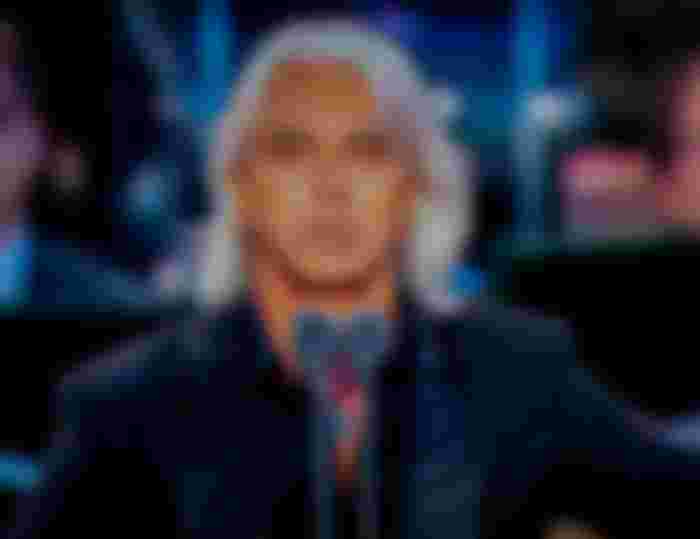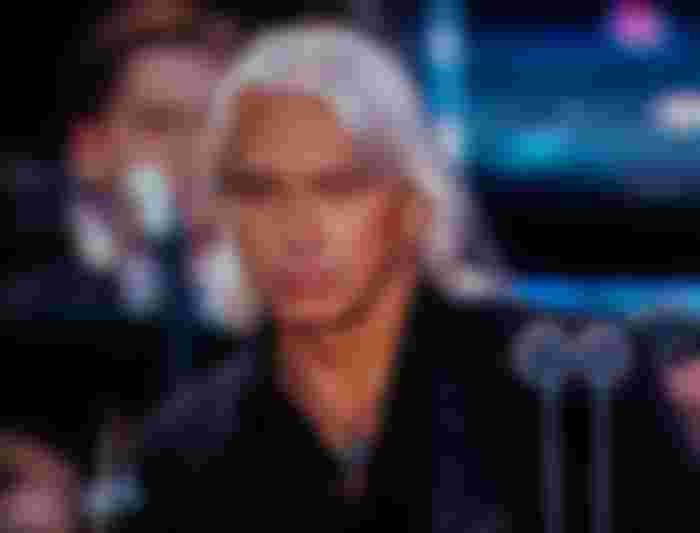Dmitri Hvorostovsky was born in Krasnoyarsk in Siberia during a time when the city was mostly closed to foreigners. An only child, he was raised mostly by his grandmother and a grandfather who, according to Dmitri, was a war veteran suffering from alcoholism. His father, an engineer, and his mother, a gynecologist, both had extremely time-consuming careers and were often only around on the weekends and holidays.
He studied at the Krasnoyarsk School of Arts under Yekaterina Yofel [ru], which, in turn, was brought up by M.N. Rioli-Slovtsova - wife of an outstanding Russian tenor P.I. Slovtsov and made his debut at Krasnoyarsk Opera House, in the role of Marullo in Rigoletto.Hvorostovsky came to international prominence in 1989 when he won the BBC Cardiff Singer of the World competition, beating local favourite Bryn Terfel in the final round. His performance included Handel's "Ombra mai fu" and "Per me giunto...O Carlo ascolta" from Verdi's Don Carlos. His international concert recitals began immediately (London debut, 1989; New York 1990).

His operatic debut in the West was at the Nice Opera in Tchaikovsky's The Queen of Spades (1989). In Italy he made his debut at La Fenice as Eugene Onegin, a success that sealed his reputation, and made his American operatic debut with the Lyric Opera of Chicago (1993) in La traviata. In 1992 he made his debut at the Royal Opera House at Covent Garden as Riccardo in Bellini’s I puritani.
He subsequently sang at virtually every major opera house, including the Metropolitan Opera (debut 1995), the Berlin State Opera, La Scala and the Vienna State Opera. He was especially renowned for his portrayal of the title character in Tchaikovsky's Eugene Onegin; The New York Times described him as "born to play the role.
In 2002, Hvorostovsky performed at the Russian Children's Welfare Society's major fund raiser, the "Petrushka Ball". He was an Honorary Director of the charity. A tall man with a striking head of prematurely silver hair, Hvorostovsky achieved international acclaim as an opera performer as well as a concert artist. He was one of People magazine's 50 most beautiful people, a rare occurrence for a classical musician. His high, medium-weight voice had the typical liquid timbre of Russian baritones.

Hvorostovsky died on 22 November 2017 in London of brain cancer , which had been diagnosed over two years earlier.A service was held in Moscow on 27 November. Hvorostovsky was cremated and some of his ashes were buried in Moscow, and the rest in his hometown of Krasnoyarsk.




I have not heard about this man before. I love ot read about various people, and this story is very interesting to me. Sometimes, I think hos successful people, usually have complicated life stories.